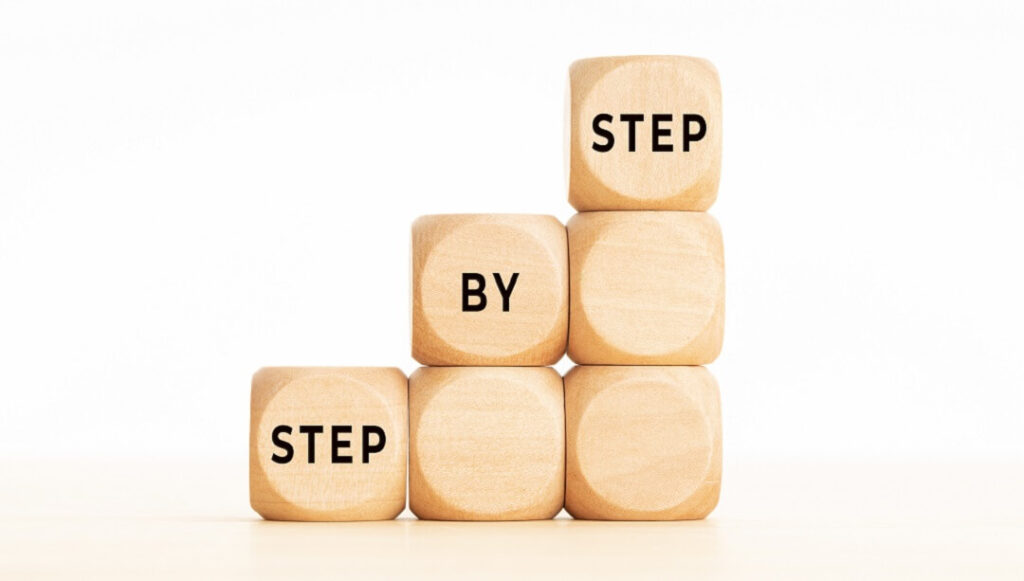If world events have taught us anything, it is how crucial teachers are to our communities and society. And if you’re one, first of all, thank you for all the hard work you put in even outside your salaried contract hours. We see you, we hear you, and we want to help you.
We know that home buying is a tough decision to make, especially if you’re an educator. Money is a big factor. So, why is it challenging, especially for teachers and educators, to buy their dream homes or save money for a down payment?
Part of it is the salary, which can vary by state and even by the district you teach in. Some districts pay once a month, making it difficult to save up since that monthly paycheck has to last a while. Not to mention, buying classroom supplies can make it difficult to save money. If you are a teacher, you know the struggle. If you aren’t, donate school supplies to your local schools. Trust us, it won’t go unused.
Two other factors that can influence the home buying process are the cost of living and location. The average salary for a teacher in the United States is around $63,000 before taxes. And the average down payment on a home is anywhere between $10,000 and $15,000. So it takes about one-sixth of a teacher’s salary to afford the down payment alone.
This article is for you, teachers. We know you work tirelessly to meet the needs of every student in your classroom. And we know you bring work home and lose out on time with your families. It’s a hard job, and sometimes with not much to show for it except specialized degrees and student debt to get where you are now.
So here are some tips for saving for a down payment and resources to help you lower the burden of a down payment!
Tips on saving for a down payment for educators
We know how your dollars have to stretch and that unexpected events happen. Be patient with yourself. There is no pressure to save all of a down payment in a year. It’s okay if it takes some time to get there.
Price range
Before you do anything, sit down and decide your price range for your house. It will help you know how much you will have to save for a down payment by taking 20% of the highest end of the range. That way, if you go under that rate, you have a little extra money saved up as well.
Budget
Look at least three months back to formulate an estimation of your expenses every month. Keep in mind groceries, pet needs, children, etc. All of the money that leaves your account, and for how much. Don’t look at spending outside of the necessities yet (we’ll get there a bit later), and just focus on the bills and payments you make monthly.
Set a savings goal
Decide on a goal of when you want to buy a house. It doesn’t have to be detailed. It can be as simple as a year. But if you want to set a specific date, go for it!
After you’ve done that, divide your goal in months by how much you earn every and need to save each month. Look back at your budget, and add that in as an expense. This will help you get a realistic idea of your finances until you reach your goal. Start training yourself to think of saving for the house as an expense, a bill that you pay towards your future.
And if you don’t like the number, adjust the goal. Like we said before, there is no rush on your dreams here.
Spending habits
Okay, now you can look at what you spend outside your utilities, means of living, etc., but don’t include what you spend on your students for classroom supplies. That is a burden of the job that asks too much of you, and it is not your fault for bettering your students. Don’t count any of those expenses at all. It’s a moot point.
What you should count is what you spend but don’t have to. This includes fast food, coffee, shopping sprees, and anything else that doesn’t have to be bought. It is alright to splurge occasionally, and we understand that life happens. But being aware of it can help you save money.
Bonus or under budget?
There might come a month where you actually come in under budget for expenses. All this extra change can go right to savings! Or save for non-house buying emergencies as a rainy day fund that might come in handy later down the road. The only wrong answer here is to spend that extra money.

Home buying for teachers: Down payment assistance
But thankfully, you’re not completely on your own for down payments. Down payment assistance is available, especially if you are a first-time homebuyer. You can receive a lot of assistance, and not all of which you have to pay back. So that’s a nice deal as well.
First Time Home Buying Classes for Teachers
Alright, teachers, it’s time to go back to school, but you’re the student this time. First-time home buyers classes have a lot of perks. They can get you local discounts and grants, along with teaching you the ins and outs of the process so you can be smart when looking for a home. Not to mention, some loans may give preference to those who have completed a course like this. So, it can be well worth the time.
Explore all the benefits and look into signing up for the next session here.
Local Programs
The US Department of Housing and Urban Development (HUD) features a lot of home buying assistance programs in general. However, there are local programs available too, and these programs many people don’t know about. There are similar state and local programs to what is available federally but more adjusted for the state itself.
To find programs in your state, look here.
USDA Loans
The United States Department of Agriculture (USDA) has a program for rural housing, which is available to you. There are some hoops, but it is targeted towards lower-income, rural areas. So if you fit the description so far, this may be the program for you. The USDA wants to help those in less-serviced communities in areas that fall under other government programs.
Learn more about USDA loans here.
FHA Loans
FHA loans are government loans from the Federal Housing Administration. These can be low-interest loans, no-interest loans, or grants (which you wouldn’t have to pay back), along with a variety of other assistance monies. However, there are certain rules and minimums you would have to meet, so be sure to check to make sure you qualify before beginning the process.
Find out more about FHA loans here.
Hero Home Programs
One place teachers can look for home buying help is Hero Home Programs. This program honors local heroes (that’s YOU!) and does a lot of the legwork for you in finding grants, rates, and even have affiliated discounts on services. They can also help you if you currently rent, which is pretty sweet too. It’s completely free to apply, and there is no obligation.
You can find more information on Hero Home Programs here.
Good Neighbors Next Door
The Good Neighbors Next Door is a program sponsored by HUD, and is similar to Hero Home programs in that it caters to local heroes. However, there is a stipulation that the home must be in an area that is benign “revitalized”, and the duration of your ownership. So this is something that is a long-term commitment, bear in mind.
To find out more about potential homes in your area, look here.
Teachers, it is possible to achieve your dreams of owning a home. And we hope that you found these tips and tricks helpful in starting the process of saving for a home. And there are down payment assistance programs, most of which are free to apply for. So you can keep even more of your hard-earned money for yourself.
Thank you for everything you do.
The post Home Buying for Teachers: How to Save Money For Down Payments is available on https://herohomeprograms.com/
Original post here: Home Buying for Teachers: How to Save Money For Down Payments




